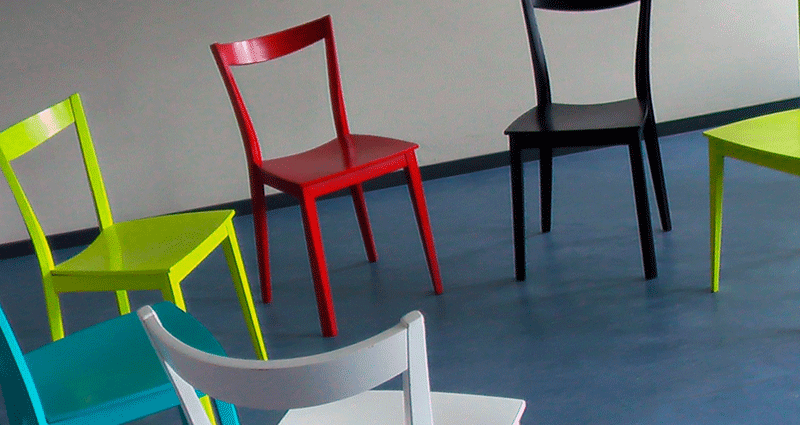 Undergoing alcohol treatment does little to improve social status
Undergoing alcohol treatment does little to improve social status
Despite some improvement in the first year, a new study found no significant improvement in a person’s social status during the seven years after completing alcohol treatment. Social status in the years after completing treatment was worse for those who had ongoing alcohol problems or who also had drug or psychiatric problems. Social status was based on unemployment, incarceration, homelessness, and living in an impoverished neighborhood.
The study assessed 491 alcohol-dependent individuals who attended public and private alcohol treatment programs in Northern California. Interviews were conducted at the start of treatment, with follow-up interviews at one, three, five, and seven years later.
Findings also showed no improvement in social status for those who continued to receive support by returning to a treatment program or attending mutual help groups such as Alcoholics Anonymous (AA). However, there were some delayed benefits in terms of improvement in social status after ongoing AA attendance in later years.
“Secondary benefits of alcohol and drug treatment such as re-employment, achieving and maintaining stable housing, and improved economic circumstances are likely to require substantial targeted programming over relatively long periods of time,” Katherine Karriker-Jaffe, lead author and ARG Scientist said. “While the ongoing support provided by mutual help groups showed some benefit over the long term, it’s clear that more is needed.”
Karriker-Jaffe and colleagues call for programs to include other support services that will help people thrive long after treatment is over.
“Treatment programs that integrate more of a social model approach to service provision, such as those that emphasize employment and housing support, may be particularly beneficial and essential to improve clients’ long-term outcomes.”
Reference and Contacts
Karriker-Jaffe, K.J., Witbrodt, J., PhD, Subbaraman, M.S., Kaskutas, L.A. (2018). What happens after treatment? Long-term effects of continued substance use, psychiatric problems and help- seeking on social status of alcohol-dependent individuals. Alcohol and Alcoholism: https://academic.oup.com/alcalc/advance-article-abstract/doi/10.1093/alcalc/agy025/4956707
Research reported in this press release was supported by the US National Institutes of Health’s National Institute on Alcohol Abuse and Alcoholism (NIAAA) under Grant R01AA020328. The original longitudinal study was supported by NIAAA under Grants R01AA09750, P50AA005595, and R01AA015927. The content is solely the responsibility of the authors and does not necessarily represent the official views of NIAAA or the National Institutes of Health.
If you are interested in arranging an interview with Katherine Karriker-Jaffe, PhD, please contact Diane Schmidt, communications specialist at the Alcohol Research Group at (510) 898- 5819 or dschmidt@arg.org.





